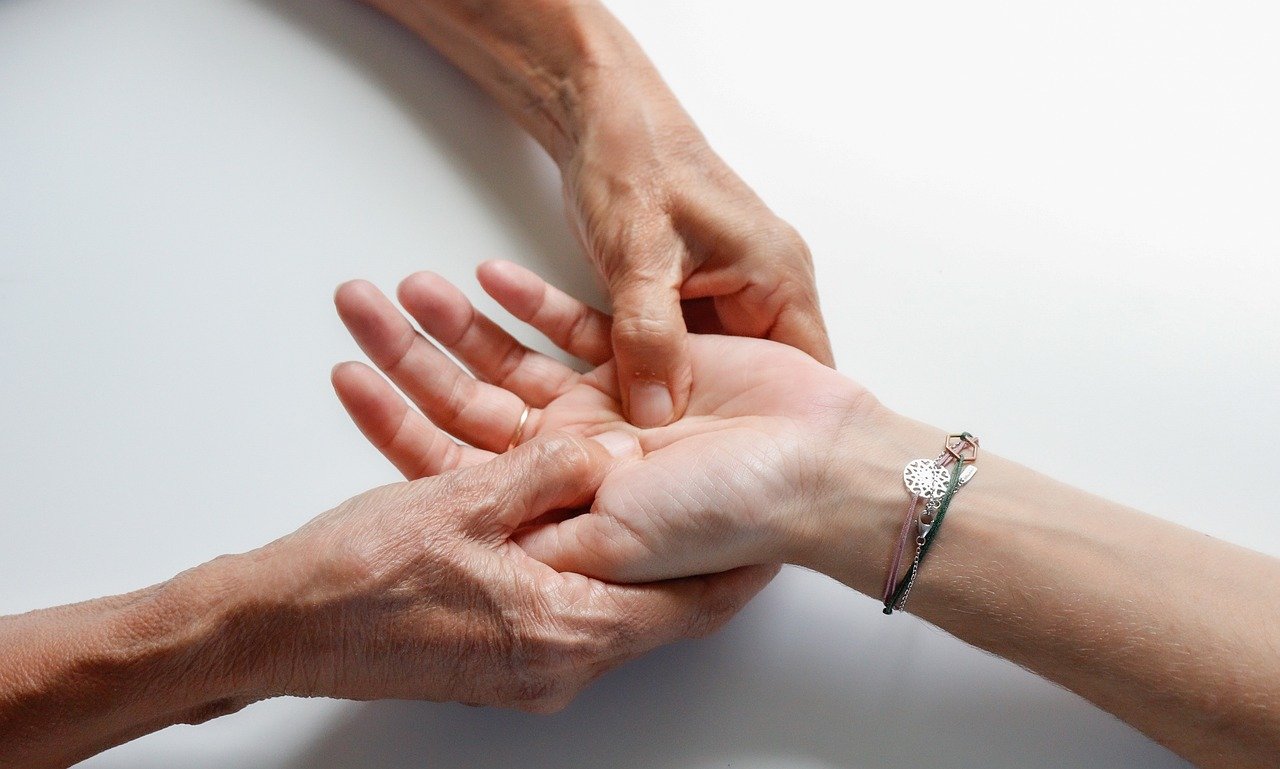Is it possible to achieve balance and well-being through a healthy lifestyle?

This image is property of pixabay.com.
Importance of a Healthy Lifestyle
Maintaining a healthy lifestyle is crucial for our overall well-being. It not only helps us to feel better physically but also has a significant impact on our mental health. By making small changes to our daily routines, we can achieve a better balance in our lives and promote a sense of well-being.
Benefits of a Healthy Lifestyle
When we prioritize our health and well-being, we experience a wide range of benefits. These include increased energy levels, improved mood, better sleep, and a reduced risk of chronic diseases. By taking care of our bodies and minds, we are setting ourselves up for a happier and more fulfilling life.
Nutrition
Proper nutrition is a cornerstone of a healthy lifestyle. Eating a well-balanced diet that is rich in fruits, vegetables, whole grains, and lean proteins provides our bodies with the essential nutrients they need to function optimally.
Macronutrients and Micronutrients
Macronutrients, such as carbohydrates, proteins, and fats, are necessary for energy production and cell growth. Micronutrients, including vitamins and minerals, play a vital role in various physiological processes. By consuming a variety of foods that are nutrient-dense, we can ensure that we are meeting our body’s nutritional needs.
Physical Activity
Regular physical activity is another key component of a healthy lifestyle. Exercise helps to strengthen our muscles and bones, improve cardiovascular health, and boost our mood. It also plays a crucial role in managing stress and promoting mental well-being.
Types of Exercise
There are many different types of exercise that we can incorporate into our daily routines. From cardio workouts like running and cycling to strength training exercises like weightlifting and yoga, there are options for everyone. Finding activities that we enjoy makes it easier to stick to a consistent exercise regimen.
Sleep
Quality sleep is essential for our bodies to rest and recover. Lack of sleep can lead to a variety of health issues, including fatigue, impaired cognitive function, and a weakened immune system. By prioritizing good sleep hygiene practices, we can ensure that we are getting the rest we need to function at our best.
Tips for Better Sleep
Creating a bedtime routine, avoiding electronic devices before bed, and keeping our sleep environment dark and quiet are all strategies that can help us get a better night’s rest. By making sleep a priority, we set ourselves up for success in all areas of our lives.

This image is property of pixabay.com.
Stress Management
Chronic stress can have a detrimental impact on our health and well-being. It is essential to develop healthy coping mechanisms to manage stress effectively and prevent it from taking a toll on our physical and mental health.
Stress-Relief Techniques
Practicing mindfulness, engaging in relaxation techniques like deep breathing or meditation, and engaging in enjoyable activities are all effective ways to reduce stress levels. By finding what works best for us, we can create a toolkit of stress-relief techniques to use in times of need.
Hydration
Staying hydrated is crucial for maintaining optimal health. Water plays a critical role in many bodily functions, including temperature regulation, digestion, and nutrient transport. Dehydration can lead to fatigue, headaches, and impaired cognitive function.
How Much Water Do We Need?
The recommended daily fluid intake varies depending on factors like age, sex, and activity level. As a general guideline, it is recommended that adults drink at least eight 8-ounce glasses of water per day. Additionally, consuming hydrating foods like fruits and vegetables can contribute to our overall fluid intake.

This image is property of pixabay.com.
Social Connections
Building and maintaining social connections is an important aspect of a healthy lifestyle. Humans are social beings, and having a supportive network of friends and family members can have a positive impact on our mental health and overall well-being.
Importance of Social Support
Having people to turn to in times of need, celebrate life’s victories with, and simply spend time with can help us feel more connected and less isolated. Social support can buffer the effects of stress and contribute to a greater sense of happiness and fulfillment.
Self-Care
Taking care of ourselves is essential for our well-being. Self-care practices can help us recharge, relax, and show ourselves some much-needed love and compassion. By carving out time for self-care activities, we can better navigate the challenges of daily life.
Self-Care Ideas
Self-care looks different for everyone, but some ideas include taking a bubble bath, reading a book, going for a walk in nature, or practicing a hobby we enjoy. It’s important to prioritize self-care regularly to prevent burnout and maintain our overall well-being.
Conclusion
Achieving balance and well-being through a healthy lifestyle is a journey that involves taking care of our bodies, minds, and spirits. By focusing on nutrition, physical activity, sleep, stress management, hydration, social connections, and self-care, we can create a life that promotes health and happiness. Remember, small changes can lead to significant improvements in our overall well-being, so let’s start making positive choices for a healthier and more balanced lifestyle today.

